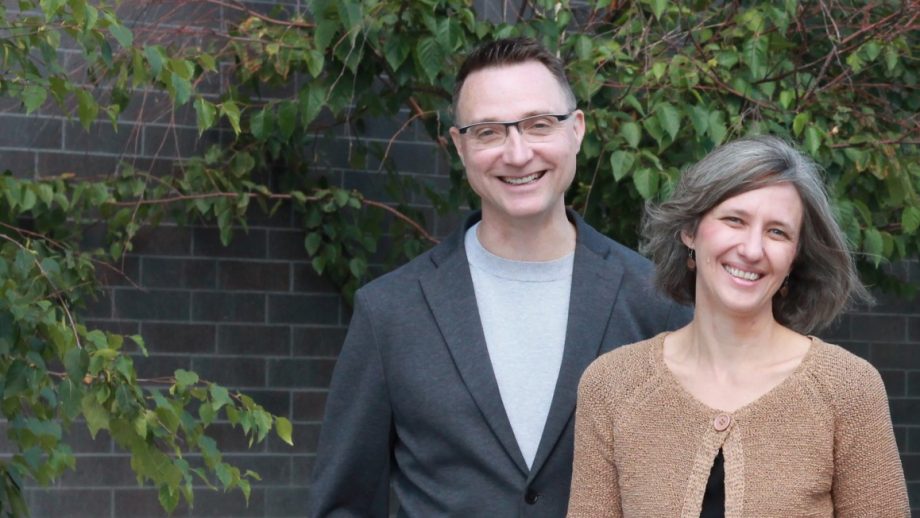Dr. Gina Sylvestre has been appointed Director of the Institute of Urban Studies (IUS) at The University of Winnipeg for a one-year term starting in August 2021. She is taking over from Dr. Christopher Storie, Chair, Department of Geography, who has held the role since 2019.
“It’s wonderful to welcome Gina to the role of Director,” said said Dr. Jino Distasio, Vice-President, Research and Innovation. “For over 50 years, IUS has been a leader in applied research and Gina’s extensive experience will see IUS continue leading a diverse research agenda that makes a deep impact on the communities we work in.”
Sylvestre is an environmental gerontologist whose research into the environmental factors that facilitate – or create barriers to – healthy aging includes studies on inclusive mobility, community transportation, social isolation and loneliness, and income inequality.
A longtime Manitoban, Sylvestre holds a BA, Masters and PhD from the University of Manitoba. She first joined IUS in 2005 on a short term project that evolved into a permanent role. In 2012, she joined the Department of Geography where she teaches health geography, urban geography and sustainable tourism.
As director of IUS, she hopes to continue the Institutes legacy of producing high quality research that supports and empowers marginalized communities, following on the work of previous directors; Drs. Chris Storie, Jino Distasio Tom Carter, Ed Cloutis, Phil Cyrenne, Mary Ann Beavis, Brijesh Mathur, Alan Artibise, Christine McKee, and founding director Lloyd Axworthy.
Through her research, Sylvestre has developed strong connections with seniors’ community’s in Winnipeg’s North End where she continues to develop a deeper understanding of the issues seniors grappling with poverty are faced with, such as rental disparities, transportation, and limited access to resources.
“The past year and a half living in a pandemic has made it clear that certain parts of the population are at real risk.” she said. “”IUS provides vital opportunities for applied research that aims to make a real difference in addressing inner-city poverty and provides community leaders and policy makers with an objective perspective to support their long term planning .”
While Sylvestre has a background in methodology and survey research, she has moved into more qualitative work in recent years. As she studies what it means to age in the North End, many seniors have shared first-hand experiences of how hard it is to afford basic needs like medication and reading glasses, not to mention those faced with eviction and wondering where to turn for support.
She sees the work that IUS is doing (such as Dr. Sarah Zell and Scott McCullough’s recent study conducted for the Canada Mortgage and Housing Corp, Evictions and Eviction Prevention in Canada), as a vital way to support the issues facing those living in the inner-city.
“I am looking forward to the chance to connect with University and community partners to explore important issues like this together,” she said.
IUS also provides students with research experience. Sylvestre would like to see more opportunities for IUS to connect students with the experience they need as they step into their careers.
“There are a variety of ways that students learn and we can be innovative in the kind of opportunities we give them,” she said. “The chance to gain hands-on research experience builds confidence and gives students a vision of where their work might take them.”
The Institute of Urban Studies (IUS) acts as an innovative, independent research and educational unit of the University of Winnipeg, with an action-research orientation. Since 1969, the IUS has been both an academic and an applied research centre, committed to examining urban development issues in a broad, non-partisan manner. Originally dedicated to addressing the problems and concerns of the inner city, the Institute’s research mandate has evolved to encompass the social, demographic, physical, economic, and environmental well-being of Canadian cities and communities.






